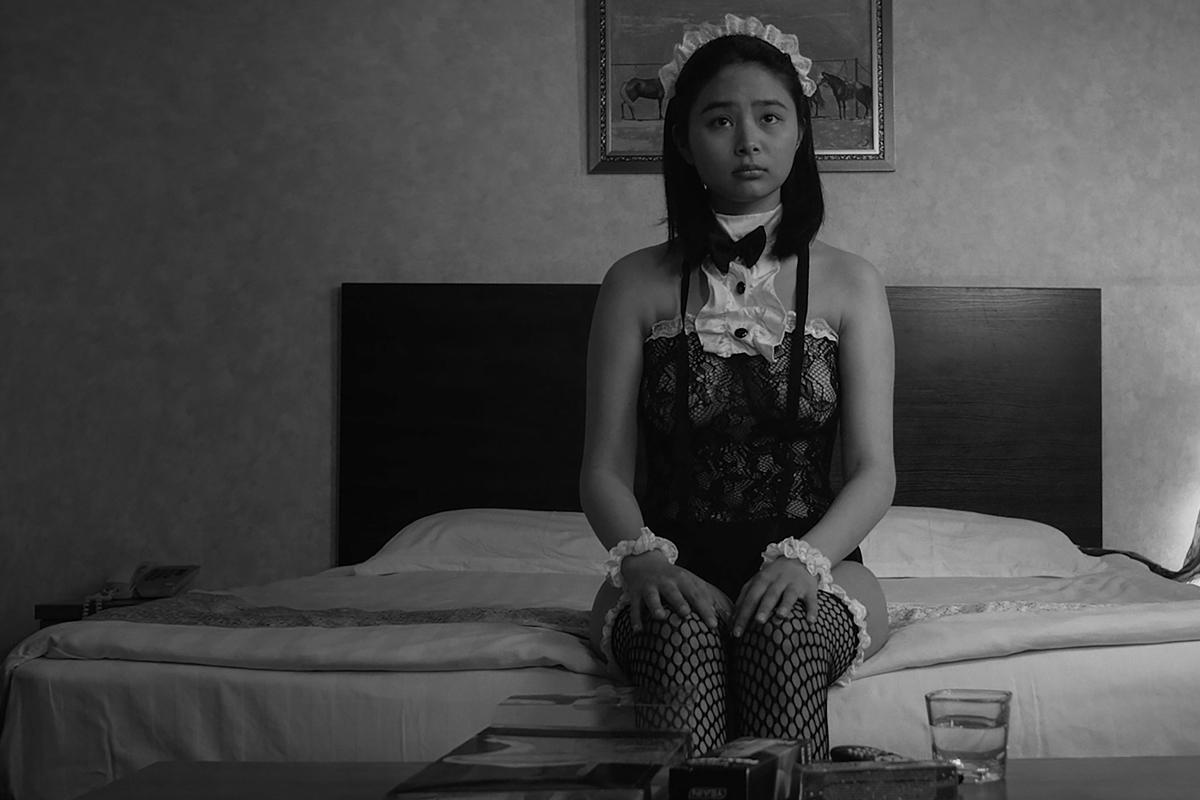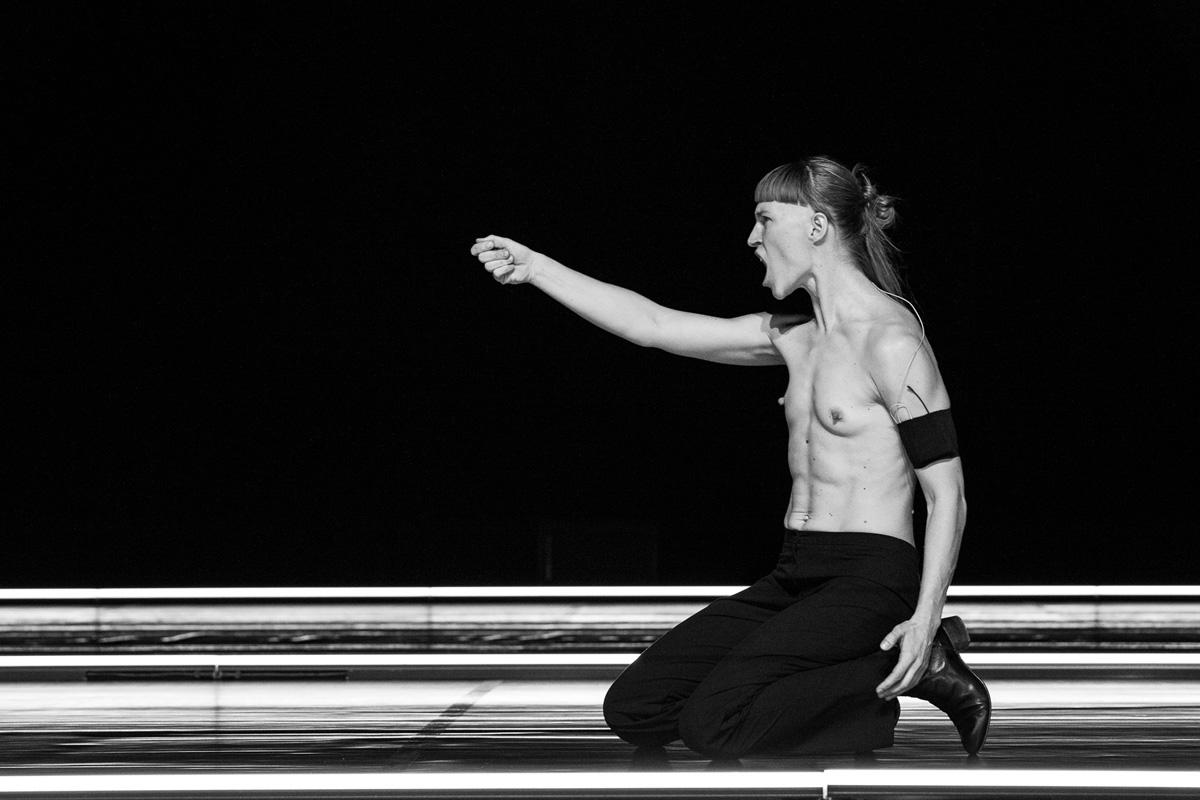
The Sales Girl
124 minutes
Directed by Sengedorj Janchivdorj
Starring Bayarjargal Bayartsetseg, Oidovjamts Enkhtuul
Mongolian (with English subtitles)
Palace Nova Eastend Cinemas
Adelaide Film Festival
Buy Tickets
With Sengedorj Janchivdorj’s iconic style in showcasing Mongolia’s urban youth culture, The Sales Girl has a promising start with a slow pan of a banana peel awaiting the inevitable slip. The plot follows Saruul (Bayarjargal Bayartsetseg) and her quiet evolution from student to sex shop sales girl, under the wing of Katya (Oidovjamts Enkhtuul). Their haphazard alliance traverses sex positivity, classism and how grief can shape us. While there is joy in witnessing cosmopolitan insights into Mongolian culture, the plot meanders over two hours, feeling mildly disjointed, with a lacking ratio of follow-through with threads across a surplus of themes.
Janchivdorj’s gentle cinematography makes for easy viewing and in fact features the quiet mundane moments, one of my favourite scenes being Bayartsetseg’s dancing hands in the bath. This created a breath between shots and was seemingly there, purely for beauty’s sake. I was present in it. Coupled with this intimacy were playful, expansive scenes, hinting towards the more familiar backdrop of rugged Mongolia. The dream sequence flickers, banana segment, lip syncing interludes and name labels plastered on screen were a collection of ideas that somehow felt unfinished, or at least didn’t go far enough, leaving me to ponder the creative rationale.
Dulguun Bayasgalan’s score is easily the highlight of the production, making me want to listen to the soundtrack on a bus or while walking and feel everyday settings transform into cinematic ‘coolness’ just as Saruul embodied. This speaks to how music experienced in headphones can very quickly create an ‘indie’ version of ourselves as we go about our day.
Bayartsetseg portrayed effortless chemistry in her interactions on screen, while Enkhtuul presented the categorically lavish Katya with wont poise. I wasn’t sure I believed the relationship between Saruul and Katya, not reflective of their acting abilities, but rather from a potentially shallow plot in which genuine connection lacked; Saruul seemed to have excellent relationships with herself and her parents which made me wonder what drew her to Katya in particular; what deficiency was she needing to fill?
All things considered, perhaps the narrative is meant to hold minor detail, as Janchivdorj invites us to simply enjoy the array of creative expressions through music, lighting, edits and visual art to consider what figures we look to in our ‘coming of age’? What are our influences and who do we influence in turn? As Katya comments, in our youth we look for meaning, and as we age we search for truth. Thus it is fitting that The Sales Girl offers lighthearted glimpses into both meaning and truth, to be enjoyed by all ages, as reflected in securing Best Film in the 2022 New York Asian Film Festival.






Leave a Reply